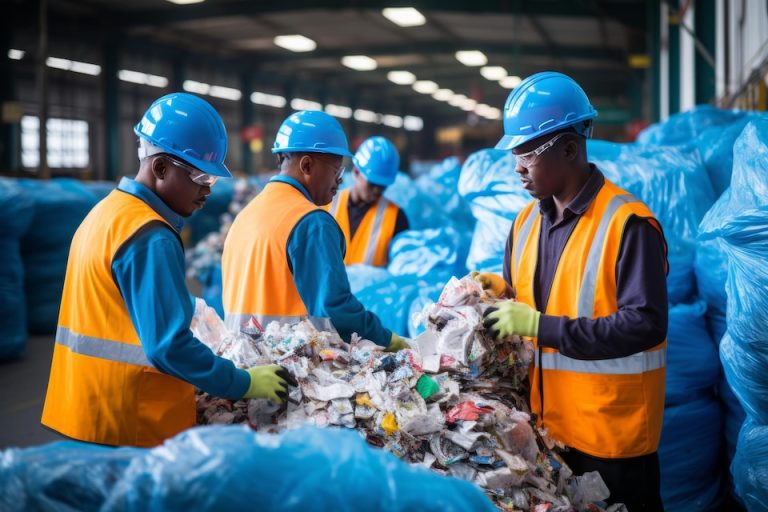The rapid growth of technology has led to an unprecedented surge in electronic waste (e-waste), posing a significant environmental and health challenge in Africa. E-waste contains hazardous substances, such as lead, mercury, and cadmium, which can leach into soil and water, causing contamination and posing risks to human health. Improper disposal of e-waste can also lead to air pollution and fires, releasing toxic fumes and endangering the environment.
The E-waste Challenge in Africa
Africa faces a unique set of challenges in managing e-waste. The continent has seen a rapid increase in electronic device consumption, driven by factors such as population growth, urbanization, and increased access to technology. However, the infrastructure and regulations for handling e-waste are often inadequate, leading to widespread improper disposal practices.
Environmental and Health Impacts
Improper e-waste management has severe environmental and health consequences. When e-waste is dumped in landfills or burned openly, hazardous substances can leak into the environment, contaminating soil, water, and air. Exposure to these substances can lead to a range of health problems, including respiratory illnesses, neurological disorders, and reproductive problems.
Economic and Social Issues
The e-waste crisis also has significant economic and social implications. The improper disposal of valuable resources, such as gold, silver, and rare earth metals, represents a significant economic loss. Additionally, the informal sector, which plays a major role in e-waste collection and recycling, often operates under hazardous conditions, exposing workers to unhealthy environments and exploitation.
Strategies for Tackling E-waste in Africa
Addressing the e-waste challenge in Africa requires a multifaceted approach that encompasses:
- Strengthening Regulations: Implementing robust e-waste regulations and enforcement mechanisms to ensure proper handling and disposal of electronic waste.
- Promoting Extended Producer Responsibility (EPR): Shifting the responsibility for e-waste management to manufacturers, encouraging them to design products for recyclability and provide end-of-life solutions.
- Investing in E-waste Infrastructure: Developing and investing in modern e-waste collection, transportation, and recycling facilities to ensure safe and environmentally sound management of electronic waste.
- Raising Awareness and Education: Educating communities about the dangers of improper e-waste disposal and promoting sustainable e-waste management practices.
- Supporting Informal Sector Workers: Formalizing and improving working conditions for informal e-waste workers, providing them with training, safety equipment, and access to social protection.
Conclusion
Tackling the e-waste challenge in Africa is crucial for sustainable development on the continent. By addressing the environmental, health, economic, and social implications of e-waste, Africa can protect its environment, safeguard its people’s health, and promote sustainable resource management. The transition to a circular economy, where e-waste is seen as a valuable resource rather than a waste stream, presents an opportunity for innovation, job creation, and environmental protection. Working together, African governments, businesses, communities, and international partners can create a more sustainable future for Africa, where electronic waste is managed responsibly and its potential is harnessed for positive development.







